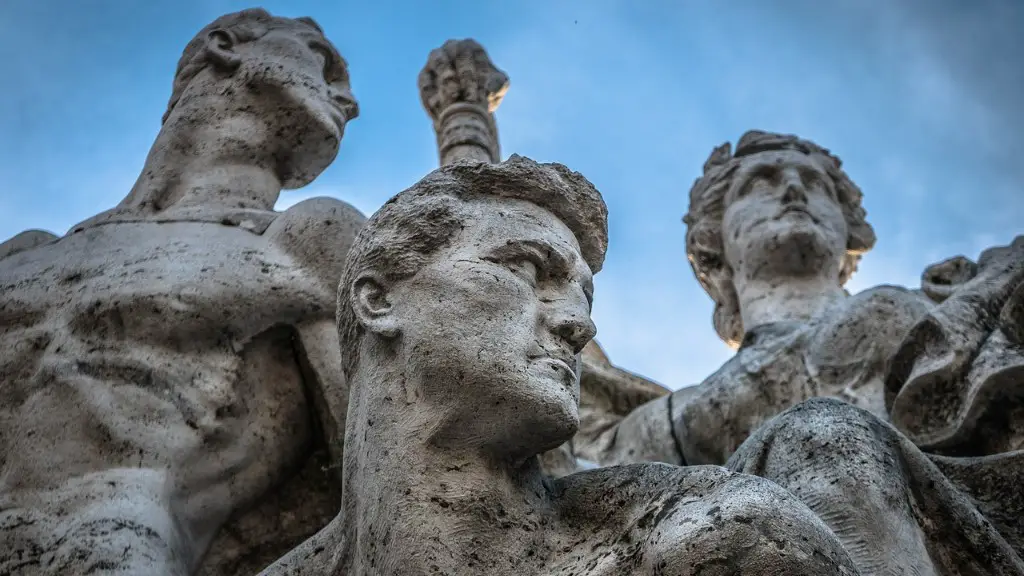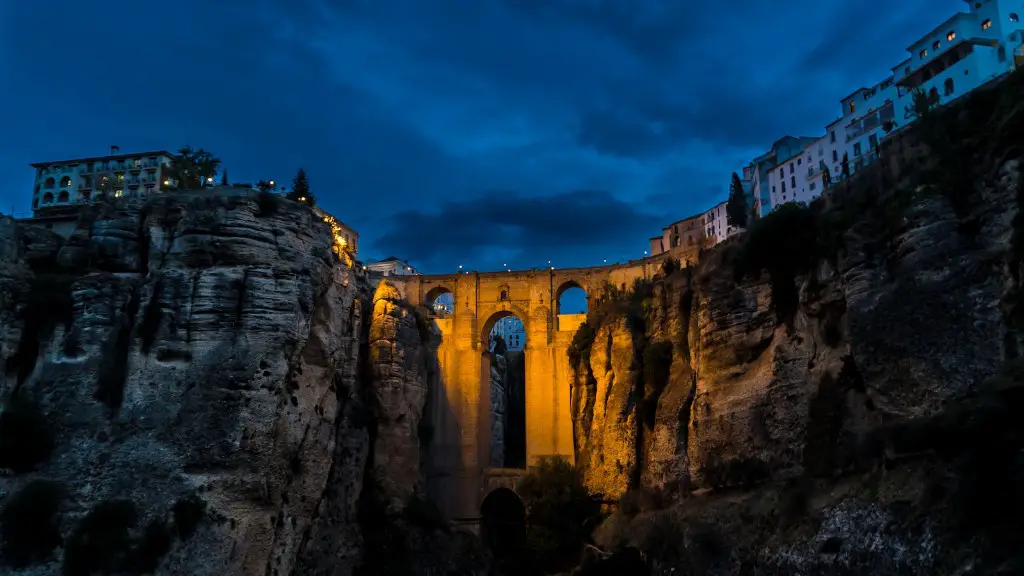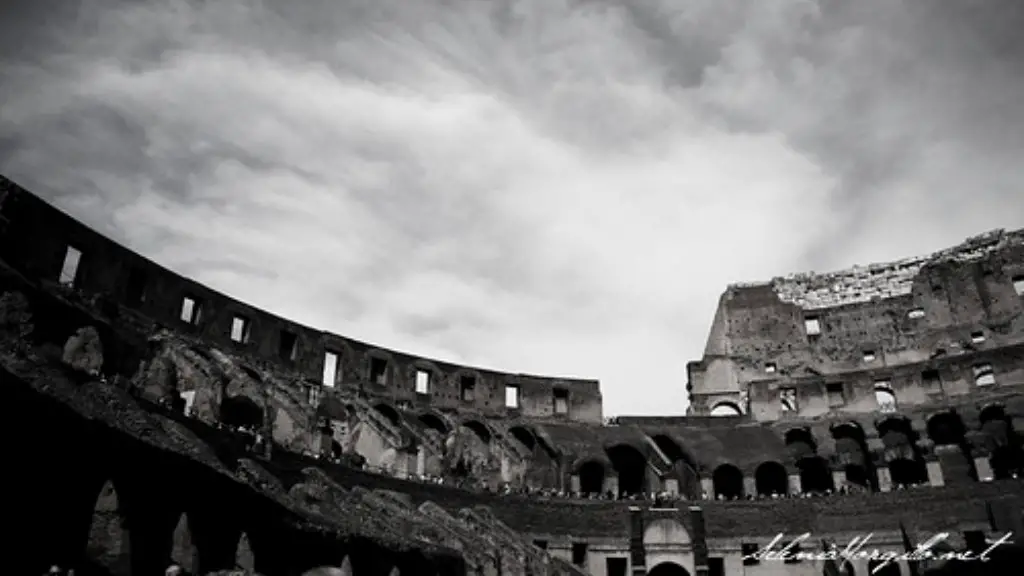Introduction to the Roman Era
The Roman era was one of the most influential and significant eras of classical history, having lasted for more than one thousand years and leaving a lasting legacy in the form of architecture, culture, art, and even political structures. This era saw the rise and fall of one of the greatest empires the world has ever known, with the Roman Republic morphing into the Roman Empire and then eventually splitting as the Western and Eastern Empires. The Roman era was a period of great achievement, conquest, and political maneuvering, and it’s considered to be one of the most formative and important points in world history.
Beginning of the Roman Era
The exact date that marks the beginning of the Roman era is disputed, but most scholars agree that it started sometime around the 8th century BCE with the founding of the city of Rome and the establishment of the Roman Republic. The Roman Republic was a form of government in which elected officials and the Senate made up the ruling body while a single consul or two held office over a one-year period. This form of government lasted for nearly five centuries before it eventually gave way to the Roman Empire and the rule of the famous dictator Julius Caesar.
The Expansion of Rome
The Roman Empire grew rapidly through conquest and expansion. Rome’s armies were regarded as among the best in the world and were also incredibly skilled and organized in their tactics. Rome conquered much of what is now modern-day Europe, North Africa, and the Near East during its reign, forming provinces and vassal states to pay tribute to the Roman Senate and Emperor. Roman soldiers also spread the Latin language throughout the regions under their rule, and it eventually became the dominant language used in the Western world.
The Fall of the Roman Empire
The Roman Empire began to decline in the 3rd century CE. This was due to a number of reasons, though some blame a combination of increased civil unrest, military expenditures, and outdated political and economic systems. The end of the Roman Empire was seen as the end of an era, though many of its legacy and traditions still remain in our world today.
Culture during the Roman Era
The Romans were renowned for their creativity and their art. Sculptors, poets, and architects from the Roman era left a mark on the world with their unique creations, from sculptures of mythology gods to grand arches and amphitheaters. Art and literature flourished throughout the Roman Empire, and Greek and Roman philosophers alike had a profound impact on the way we think, they founded sciences, mathematics, contributed to important literary works, and laid the foundation of the Western intellectual tradition.
Impact of the Roman Era
The Roman era had a tremendous influence on the world, influencing culture, law, literature, architecture and more. Its legacy can still be seen in our modern day institutions and political structures, from the United States Senate to the European Union. The Latin language is still taught in schools to this day, and Roman mythology continues to be the subject of television shows and movies. In short, the Roman era was an incredibly influential period in history, and its legacy will be felt for many years to come.
Culture and Religion
The Roman era saw a vast array of cultural and religious practices. Roman art and literature was heavily influenced by Greek and Egyptian traditions. Religion played an important role in daily life, with the pantheon of gods being venerated and worshipped by a large part of the population. Religion in the Roman Empire was polytheistic, with a large number of deities, each with their own stories and cults. Christianity became more widespread during the 4th century, eventually becoming Rome’s official religion and eventually the predominant religion of Europe.
Epilogue
The Roman era was one of the most influential and important eras in world history. During this period, Rome rose from a small regional power to one of the largest empires the world has ever seen, and during its tenure, it left a lasting legacy and influence on the world. From its innovations in art, literature, and architecture, to its political and cultural influence, the Roman era remains one of the most important and influential times in history.
Law and Government
Rome was renowned for its law and government, and it was the first society to codify its laws and justice systems. The Roman Senate and the Emperor had ultimate authority in the government, and local and imperial officials were appointed to carry out the laws. A number of other governments, such as the United States, still use the Roman form of democracy due to its efficiency and effectiveness as a governing system.
Economy
The Roman Empire had a complex economic system consisting of free markets, taxation, and public works. Goods and services were bought, sold, and traded and a trade system was established in which goods from all parts of the Empire could be exchanged. The coins of the Roman Empire also mean a great deal in today’s modern economy, as they are still regarded as valuable collectibles.
Conclusion
The Roman era was an incredibly influential and important period of world history. This period saw the rise and fall of one of the greatest empires the world has ever seen, and its legacy still remains with us today. Its art, literature, and architecture, as well as its political structures, have all had a lasting impact on the modern world. Roman mythology, language, law, and government have all left their mark, and the Roman era is one of the most important and influential periods in history.


